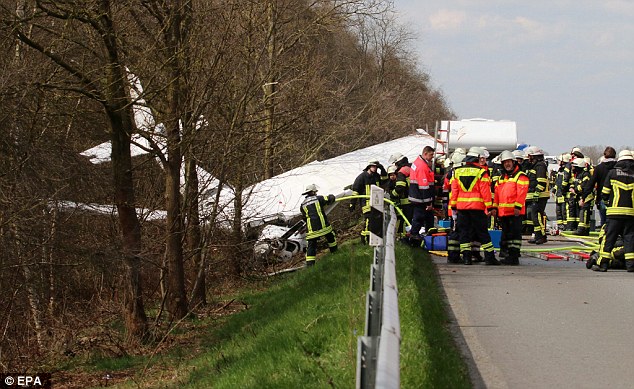NCAA To Review Two Planes’ Requirement For Commercial Airlines
The Nigerian Civil Aviation Authority (NCAA) is to review the provision of the Nigerian Civil Aviation Regulation (Nig. CARS) 2015 that prescribes at least two serviceable aircraft as condition for granting of Air Operating Certificates (AOCs) to commercial airlines.
The apex regulatory body said the move was in respect of the challenges of maintaining efficient services and routine maintenance schedule.
However, stakeholders at the second Quarterly Business Breakfast Meeting 2018, organised by the Aviation Safety Round Table Initiative (ASRTI) in Lagos, have proposed between 10 and 20 aircraft per commercial airline to boost capacity, competitiveness and attract investors.
General Manager, Airworthiness Standards, NCAA, Kayode Ajiboye, said the apex regulator was not unaware of the challenges inherent in the Part 9.1.1.6 (b) (2) (ii) of the Nig.
CARS 2015 that currently mandates at least two airworthy aircraft in the fleet of commercial airlines.
Responding to stakeholders’ concerns, he said the provision originated in the past and does not factor in the demands of today’s aviation business.
His words: “It is almost impossible for a two-aircraft airline to maintain efficient service once one plane is out on maintenance. It just cannot work. So, we have to review this regulation.
“It is not of our making that the minimum is two. The stakeholders chose it. We only hope that ASRTI will be there to make proposals when we are set for a review later this year.”
The NCAA, among other achievements in the last four years, had earlier mentioned issuance of new AOCs and renewal of no fewer than 11 operating licences.
Dr. Adamu Abdullahi, who represented the NCAA’s Director General, added that a total of 90 sanctions were also applied, including the sanctioning of 15 pilots, five cabin crew members, four engineers, four Approved Maintenance Organisations (AMOs) and five airlines.
President of ASRTI, a think-tank group in the aviation industry, Gbenga Olowo, said it was not enough to just issue AOCs to commercial operators without the right capacity for their survival in the local, regional and international airspace.
He noted that the two-aircraft per fleet rule was no longer adequate “where all the aircraft of our seven operating local airlines, put together, are not up to the size of South African Airways or Ethiopian Airlines.
Olowo said the requirement should be urgently reviewed, describing it as the reason why local airlines cannot compete favourably with their peers in other climes.




